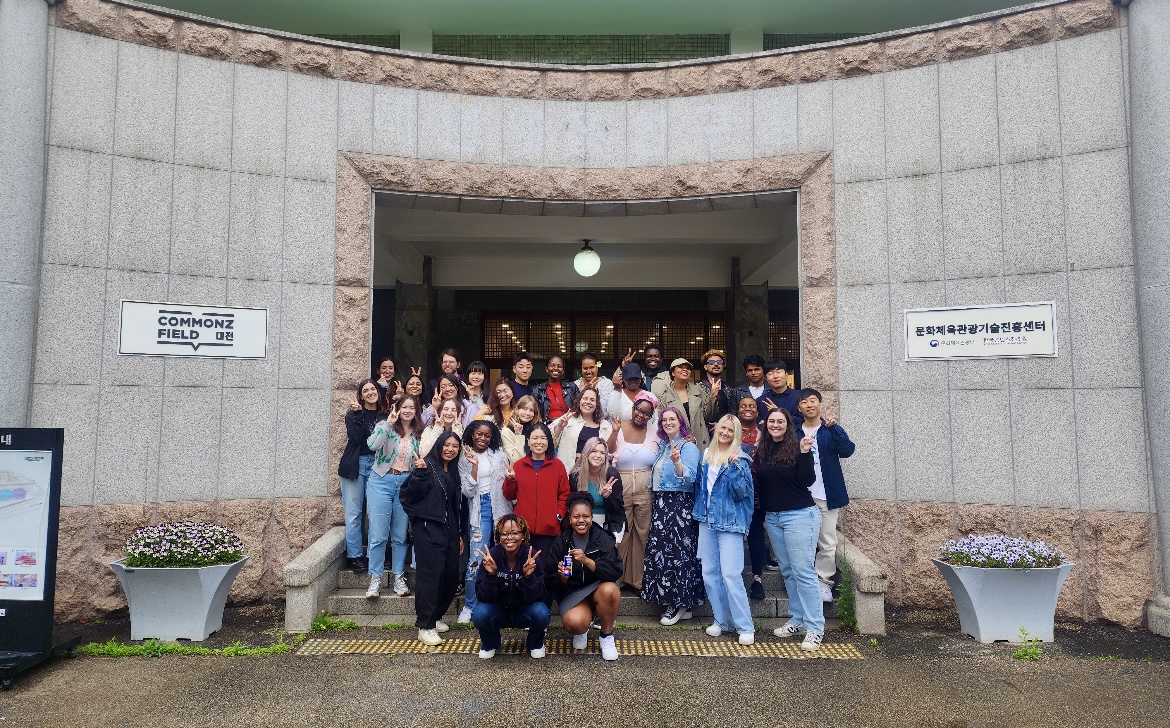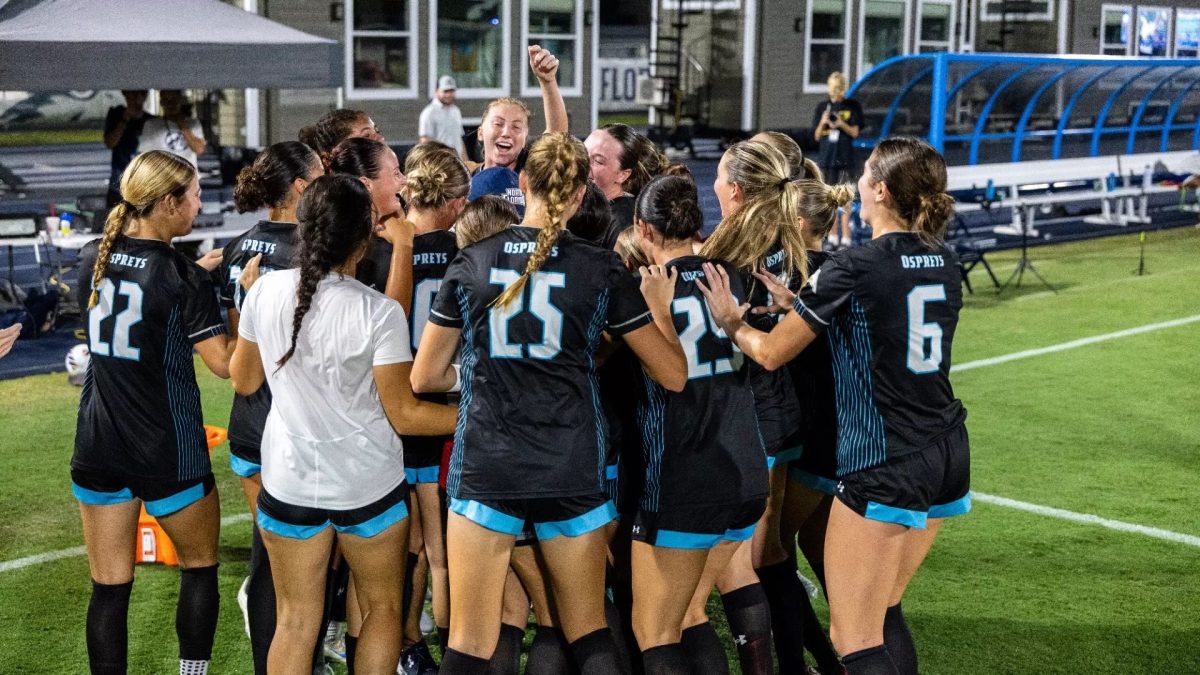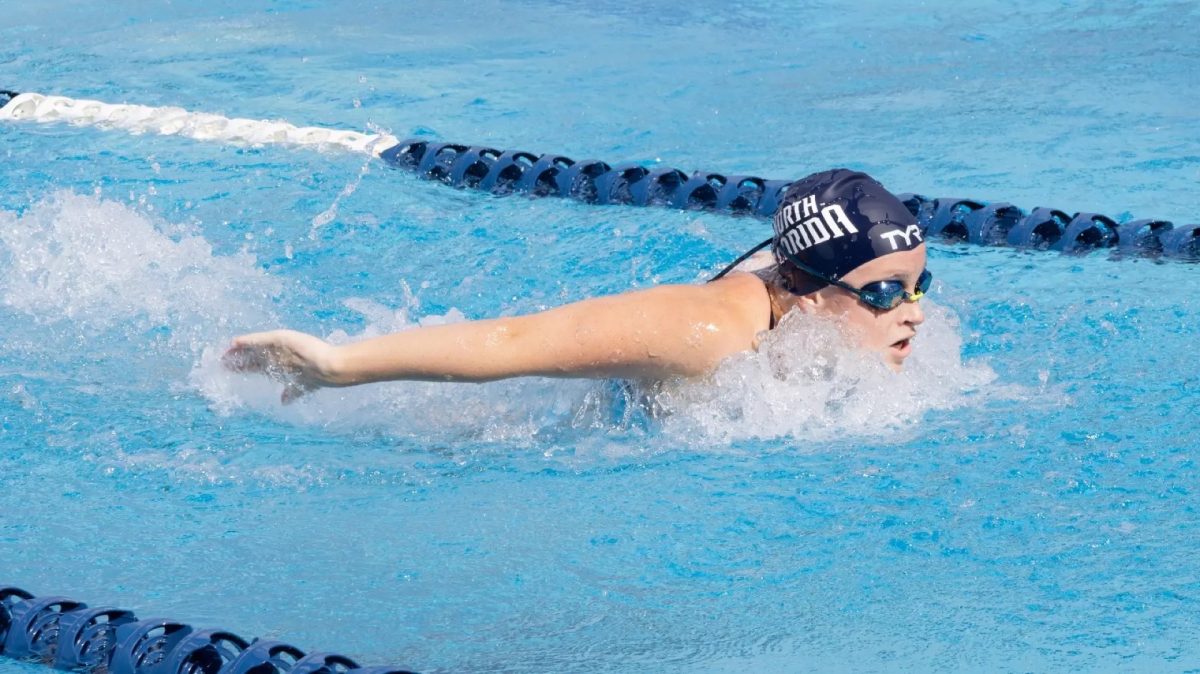NCAA athletics is a multi-million dollar industry, and the majority of the “student athletes” who participate in these sports are not students at all, just athletes.
Many major college football and basketball programs are using the four-year learning period as a minor league of sorts, and that’s exactly how the players, coaches and trainers look at it.
The athletes play four years, win some games, turn some heads and then get called up via the draft, signing a multi-million dollar contract for their potential.
But what about the money they generated for their school, conference and the NCAA?
These “student athletes” should be compensated for their work because they are in college for one reason and one reason only, and that’s not to get an education.
There is plenty of evidence the NCAA is not solely about an education. Every year coaches and personnel directors are fired, primarily due to the result in the wins/loss column, not their athletes average GPAs.
And it’s not just about jersey and foam finger sales.
Arizona State University recently released a tool on its Web site allowing fans to play a college version of fantasy football, according to an Associated Press report.
That does not coincide with treating these athletes like students.
Not to mention the NCAA video game sales and legal gambling in Las Vegas, all of which are aspects that draw in as much money as their professional counterparts.
In 2008 alone, the NCAA men’s Final Four generated $47 million, not including ticket sales or spending by local residents, according to a study released by the NCAA.
Yet the athletes who made it all happen didn’t get a slice on the pie. Not even a crumb.
The University of North Florida, which has 16,000 students enrolled and no football team, received 19,345 in 2007 alone for merchandisers to use the UNF logo on items sold, said Vince Smyth, director of auxiliary services who oversees these incomes.
The money comes from a variety of sources, and there are a variety of people responsible for generating this income.
UNF draws in money from ad sponsorship, capital gifts and money raised for endowed scholarships all from the athletic department, which is in the transition period of becoming a Division I school. The move is one that usually draws more money and publicity to the athletic program too, UNF Athletic Director Richard Gropper said.
All of this income from an athletic department that doesn’t draw large crowds or sell jerseys on a high-scale like other state schools.
University of South Florida quarterback Matt Grothe recently told the Tampa Tribune he would like to be paid for his efforts.
“All of the great college players that have had thousands of jerseys sold, the schools are making profits of it,” he said. “Even the places that sell them are making money. I don’t understand why players shouldn’t get a small percentage.”
While the NCAA does allow Nike, Under Armor and Adidas to sell jerseys with specific numbers on them that match with the schools’ top players, the NCAA forbids a licensed dealer from selling a jersey with the player’s name on it.
But, there’s nothing stopping an individual from going to another business and having the name put on a jersey – a common practice with today’s fans.
Allowing players to profit off sales would also decrease the incidents where NCAA athletes are punished for accepting gifts.
The most recent incident occurred when USC running back Reggie Bush allegedly accepted $1 million of gifts.
The NCAA is still looking at the case, and no recent findings have proved Bush innocent of guilty. But if he was paid for his work in the first place, these incidents would never become issues, saving face for the both the NCAA and the schools involved.
Recruits – whether the NCAA will admit to it or not – are bribed from a variety of sources to play for a particular school.
And as much is at all possible, the NCAA turns its head.
Yet it gets upset when the whole issue is brought to light.
To me, that’s exploitation.
The NCAA is exploiting players, sweeping the problems associated with it under the rug and making large profits off it all.















